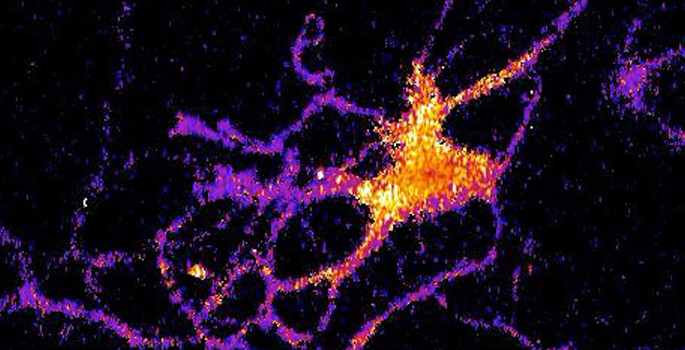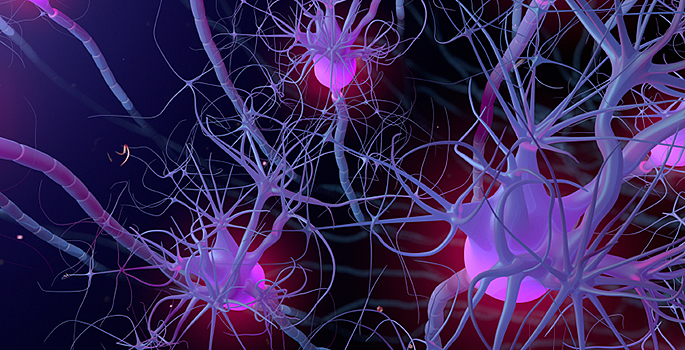Optogenetics
-

Histamine circuits in brain reward center
Histamine — commonly associated with allergies — also has a signaling role in the brain’s reward center and may offer a novel target for treating addiction. Read MoreOct 29, 2020
-

Probing drug abuse circuitry
Vanderbilt researchers have identified cocaine-induced modifications at specific neuronal connections, which could aid the development of new therapies for substance abuse disorders. Read MoreNov 4, 2016
-

Bioluminescent sensor causes brain cells to glow in the dark
A team of Vanderbilt scientists have genetically modified luciferase, the enzyme that produces bioluminescence, so that it acts as an optical sensor that records activity in brain cells. Read MoreOct 27, 2016
-

Optogenetics sheds new light on brain’s behavior modulators
A new light-based technology is allowing scientists to peer deep into the brain and alter animal behavior with the “flip of a switch.” Read MoreNov 6, 2014